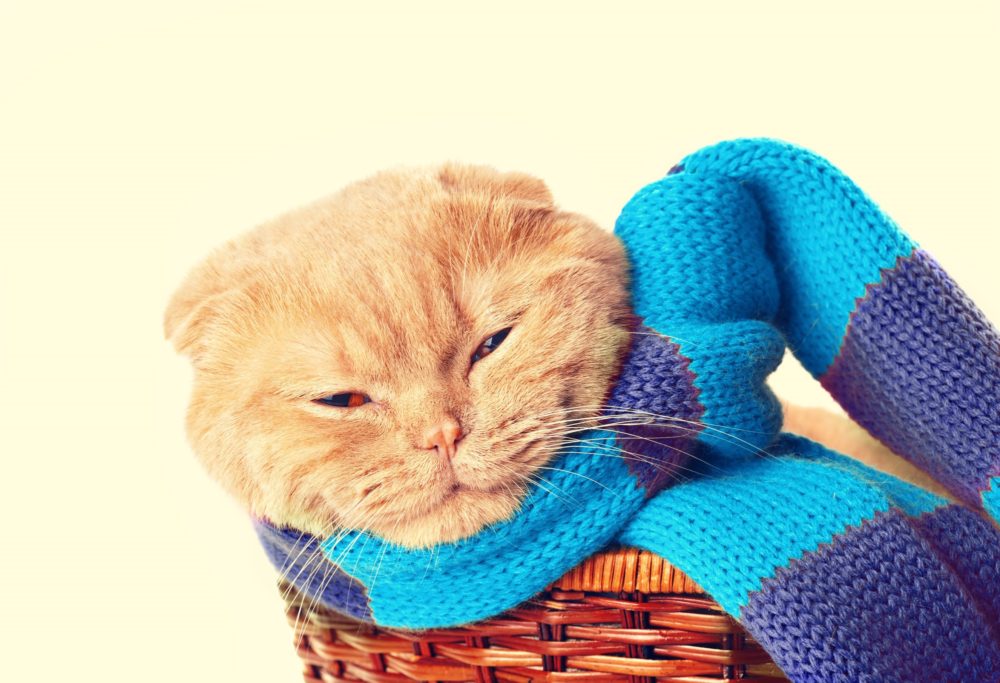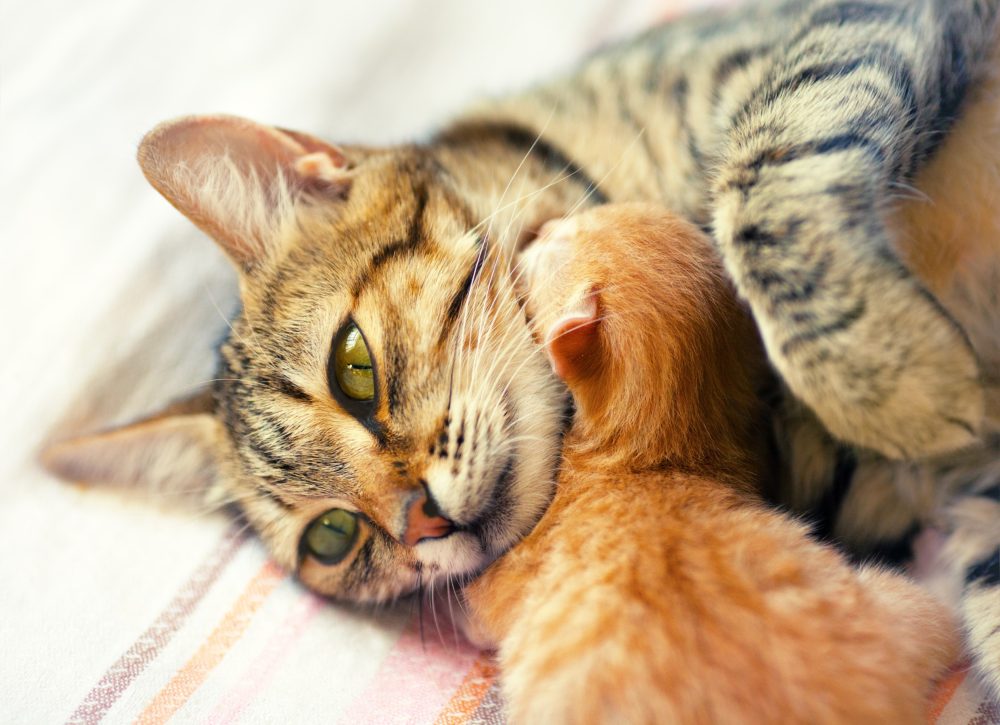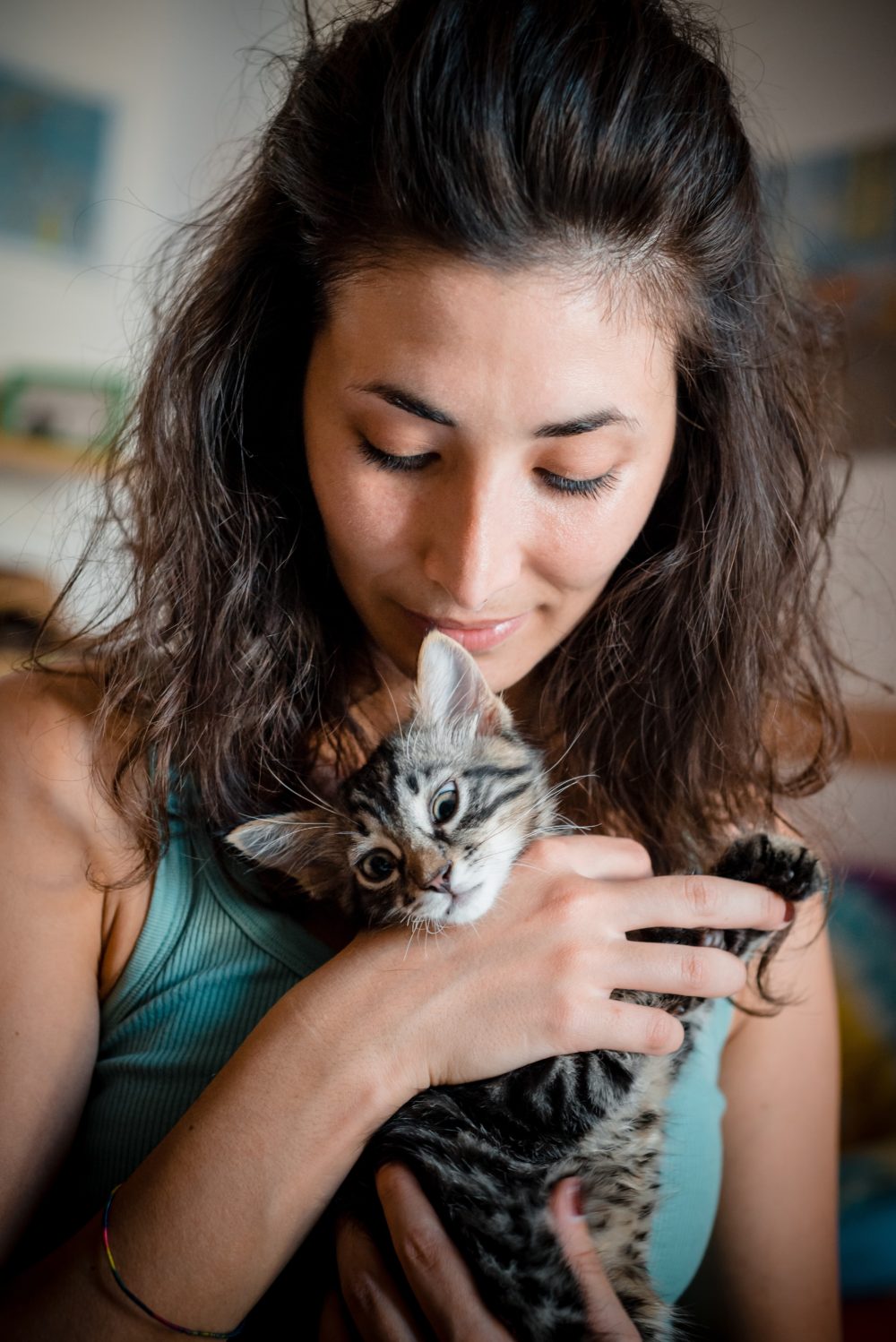
How much time should I spend with my cat? Why do cats need attention?
We all want the best for our cats. The practical issues of caring for cats such as feeding, water, litter needs and veterinary checkups are indeed very important to their health and wellbeing but so is their emotional wellbeing. This includes enriching their environment, play time, giving them love and attention. But how much time should we spend with our cats? And how is this time best spent with them?
As a minimum, cats need at least 20-30 minutes of human interaction in a day. But there are several factors to consider when considering how much time to spend with your cat. These factors include:
Age of cat
The age of your cat will have a significant impact on the amount of time they will require from you.
Kittens have a great deal of energy and their curiosity to discover and explore their surroundings is endless. They love to jump, run, hide, climb, scratch in every moment they are awake. They will need the greatest amount of your time and the more time you can give the better. As a minimum it is recommend that you play with a kitten for at least half an hour, twice a day. Although, in order to keep frustration and mischief at bay, supervision time with your kitten will be pretty much a continuous requirement when they are not sleeping! If your kitten has another kitten to play with, they will interact and entertain each other a great deal. This is no substitution for your attention, but they will most certainly keep each other company.
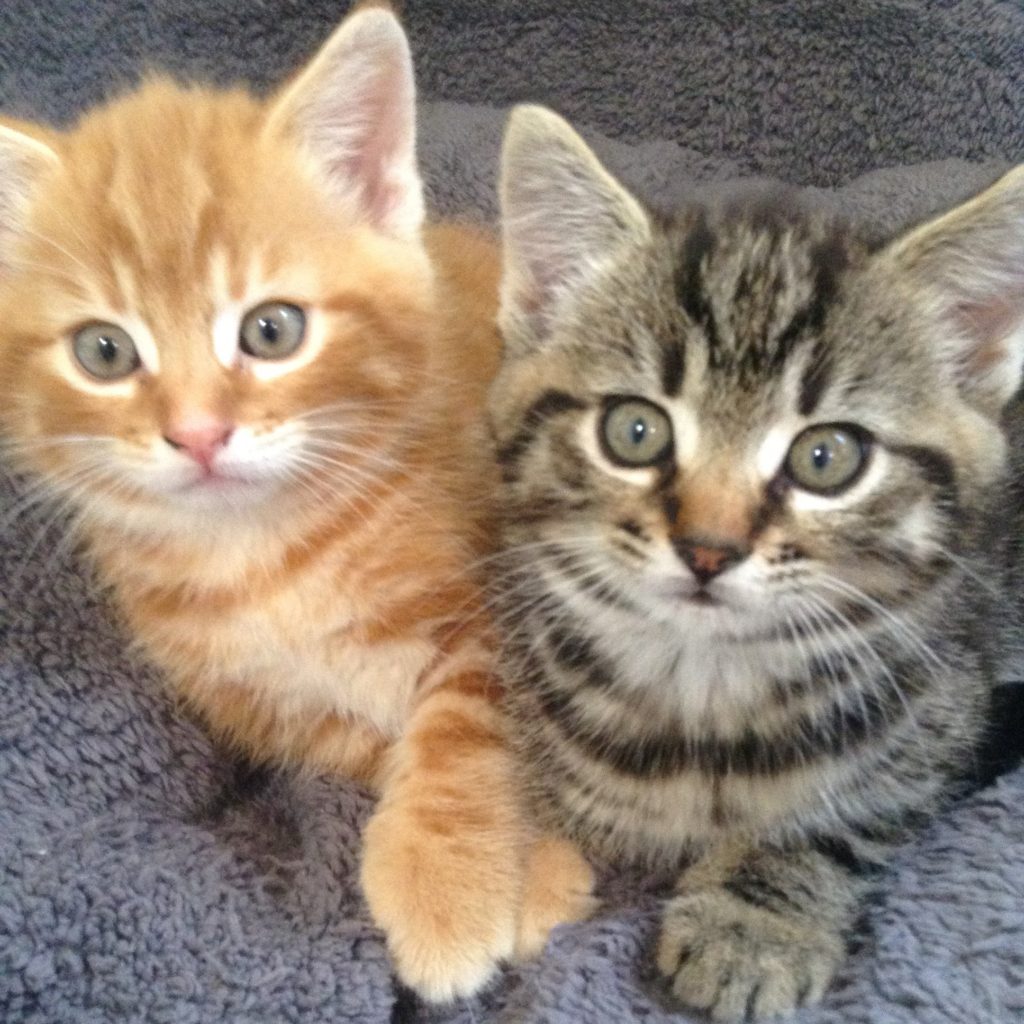
As a cat approaches adulthood, at 12 months old, they will be calmer and less boisterous. They may play a little less but as we explore later in this article, there are many ways to give your cat attention and some quality time. Experts recommend a minimum of twenty minutes daily play time for adult cats.
Cats are classed as Senior between the age of 7 and 10 but they can live until the grand old age of 18 or 19, even into their early twenties. it is important to keep cats stimulated – physically and mentally – as they grow older. Your cat may not have quite the same energy levels as her younger days, but they can still enjoy play time and quality time with you. Activities and games may need to be tailored to suit your cat’s age and physical abilities. This does not mean less time or attention devoted to them but being observant and adaptable to their changing needs.
Whether your cat is an indoor or outdoor cat
An indoor cat will most certainly require more of your time and attention than an outside cat. Whilst on her adventures an outside cat is likely to hunt, climb bushes and trees, investigate and discover new smells and textures, meet other cats and probably many other things that we are unaware of! And very often (as is the case with our outside cat, Misty) they will return home when they are ready to chill out and sleep. They still require our love and attention but the need to simulate hunting and burn off energy is less of a necessity. Grooming, talking and stroking become a more successful way of bonding. Of course, there are times, such as bad weather, that outside cats must remain indoors. Their needs of hunting and playing will then need to come from you.
An indoor cat will still have the same instincts to hunt, chase and play as an outdoor cat. Therefore, activities and play that stimulate these natural senses need to be satisfied indoors. An outside cat will walk several miles in a day whereas an indoor cat will need to get their exercise from play, jumping and running on cat shelving, cat trees, through tunnels and so forth. Exercise is important to maintain a healthy weight for your cat, to keep muscles strong as well as for keeping their mind active and alert.
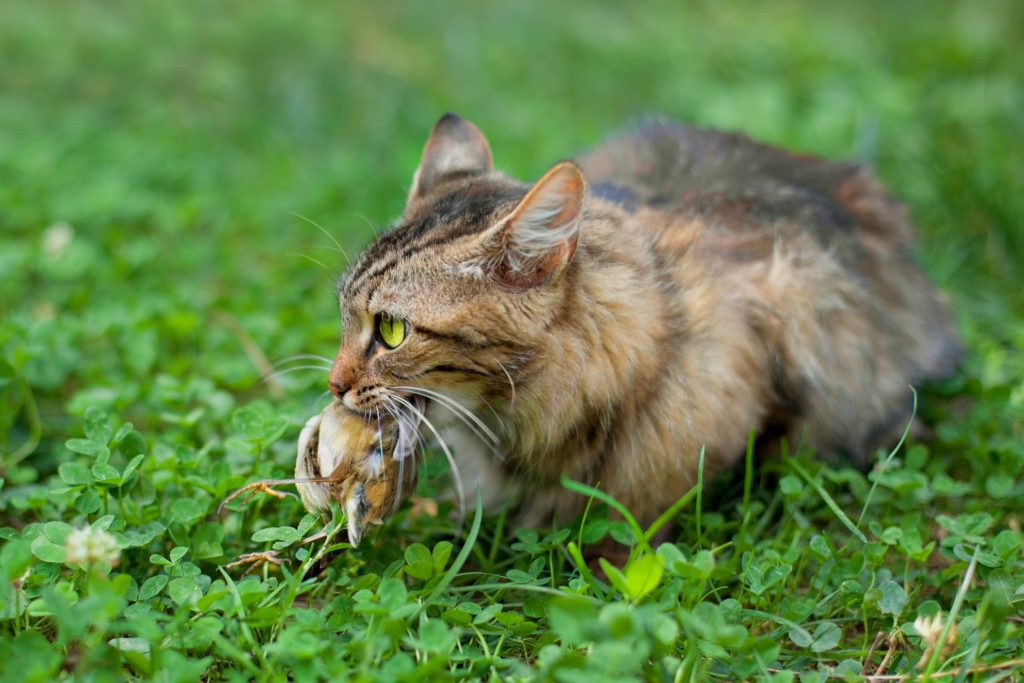
Personality and breed of cat
Some cats are simply more playful and boisterous than others and will require more playtime and stimulation. There are certain breeds of cat which are generally recognized as being more demanding of human interaction than other breeds. This is definitely something to bear in mind when deciding what breed cat to have as a pet. These cat breeds include:
- Siamese
- Ragdoll
- Egyptian Mau
- Tonkinese
- Cornish or Devon Rex
- Sphynx
The following breeds will still need your time and attention but do cope much better at longer periods of time alone. These cat breeds include:
- Persian
- British shorthair
- Norwegian Forest
- Russian blue
- Maine coon
How much time you can give to your cat?
Many of us have busy lives, juggling work, children, friends and family and our daily chores. These are factors to consider before adding a new kitten or cat to the family. It’s not fair to welcome a new addition without devoting time every day to satisfy and enrich their needs and wellbeing. This, together with the factors listed above, will help determine if it’s a good idea to have a cat, and if so, what age and breed of cat suits your lifestyle best. Cats can enhance our lives so much, see our articles ’30 fabulous reasons to own a cat’ but it works both ways.
How best to give your cat time and attention?
There are many ways that you can spend quality time with your cat. Try the following and see how your cat responds:
Playtime
Playing with your cat can be so much fun for both of you. You don’t need expensive toys; cats will have just as much fun chasing a feather or mouse on a toy wand or racing around a rolling ball. The benefits of play time with your cat includes:
- Exercise for your cat, keeping bones and muscles strong and healthy
- Can help two cats to get along
- Build the trust and bond between you and your cat
- Relieves stress, anxiety and behavioral problems.
We’ve dedicated a whole article to playtime with your cat including ideas of games to play, tips on how to get the most out of playtime with your cat and some safety tips. Read it here, ’18 games to play with your cat’.
Exercise
Physical activity is important for your cat in order to maintain a healthy weight. Exercise keeps muscles and joints strong and toned and keeps the mind alert and active. Apart from playing games, exercise can be combined with quality time by taking your cat for a walk! Starting from a young age certainly helps if walking your cat on a leash is something you wish to try. Allow your cat to lead you – this is very different to taking a dog for a walk! Let them guide you to where they wish to explore. On a sunny day your cat and you may simply enjoy sitting and relaxing in the warm sun with you. Check out our articles ‘Does my indoor cat need outside time’ for some great tips on how to take you cat for a walk.
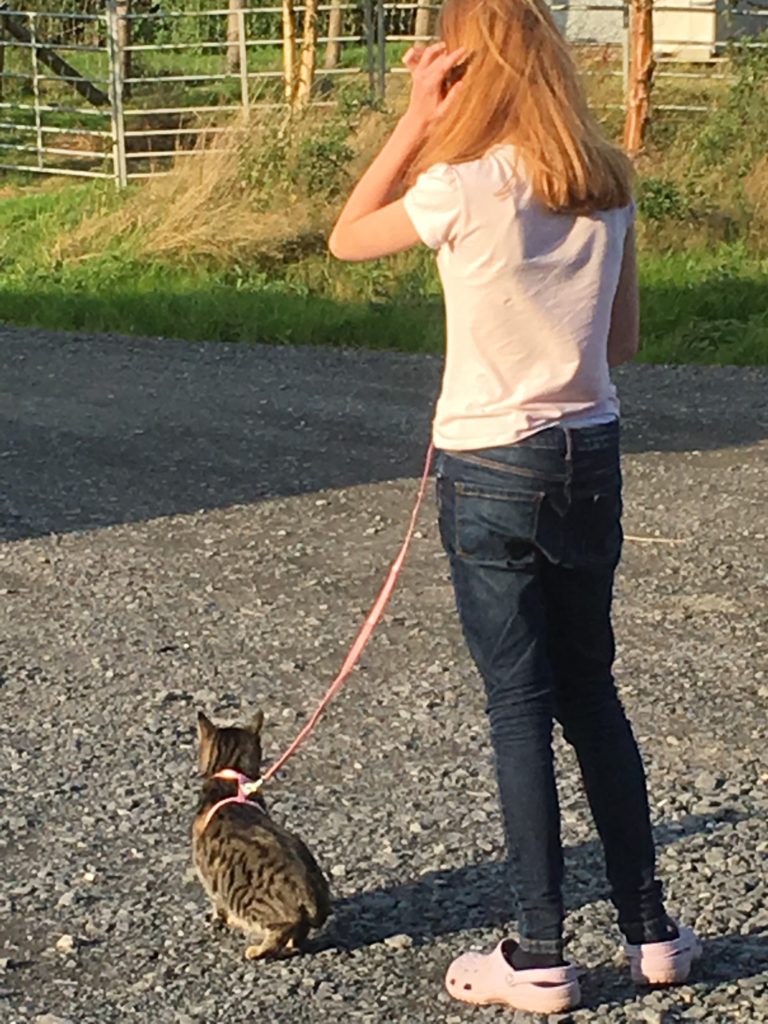
Stroking and cuddling
Sometimes all we need is some quiet time and a cuddle and the same goes for your cat. Place your cat on your lap and let them enjoy a good fuss and some stroking. Pay extra attention to under their chin, behind their ears, rubbing their neck and massaging their cheeks. These spots will have your cat purring with delight.
Talking to your cat
Cats, most certainly, recognize their owners, and their voices. Whilst carrying out tasks like filling their water bowls, preparing their food or tidying their toys, simply talk to them. Greet them as you come home, ask them about their day – anything at all! You’re not guaranteed a response, but your presence is important to them and talking is a connection. They may well try to communicate back in their own little way – why not read our article on ‘Cat communication’ to learn what to look out for.
Routine
Cats respond well to a routine. They will be eagerly awaiting you for at mealtimes, or awaiting you home from work and they will get to know when it’s attention time. And in between these times of interaction, cats will sleep – a lot! Cats love to sleep! On average a cat will sleep for 15 hours a day, with some sleeping as much as 20 hours a day! All this sleep is to conserve energy for hunting and catching prey. Although the domestic cat no longer needs to worry where breakfast will come from, the natural predator instincts still dominates the processes and bodily functions of the domestic cat. Just like dogs, domestic cats have the ability to adapt their daily schedules to suit their environment. It is quite likely, although not guaranteed, that your cat will adapt to being more playful when you are around and rest while you and the household are also resting and sleeping.
Grooming
Cats spend a great deal of time grooming themselves, but they will also enjoy being groomed. Relaxing on your lap, having their coats gently brushed can be very relaxing for you and your cat. As cats gets older joints become a little stiffer, and if arthritis sets in, this can prevent your cat from being able to groom properly. Older cats will certainly need a little extra help to keep their coats in a pristine condition and will be very welcomed. See our guide on ‘Do I need to brush / from my cat?’ for some top tips on how to groom your cat.
Why do cats need attention?
Although cats can seem so independent, and spend such a high proportion of their day sleeping, it can raise the question – do cats really need human attention? Having the right amount of attention is actually crucial to their health and wellbeing. Cats can become bored and depressed without some love and attention and can start a pattern of destructive behavior. Your cat will initially communicate to you that they aren’t receiving enough of your time and attention. Signs to look out for include:
- Walking in between your legs, circling your moves as you try to move
- A lingering extended meow, as if they are crying
- Pawing at your hands or face
- Jumping up on surfaces to attract your attention, also knocking things over
- Swiping and nipping at you
In most cases, reassurance, quality time and a good routine should comfort and settle your cat. But if you have any concerns, or are unsure about changes in your cat’s behavior, do not hesitate to seek professional advice form your veterinary.
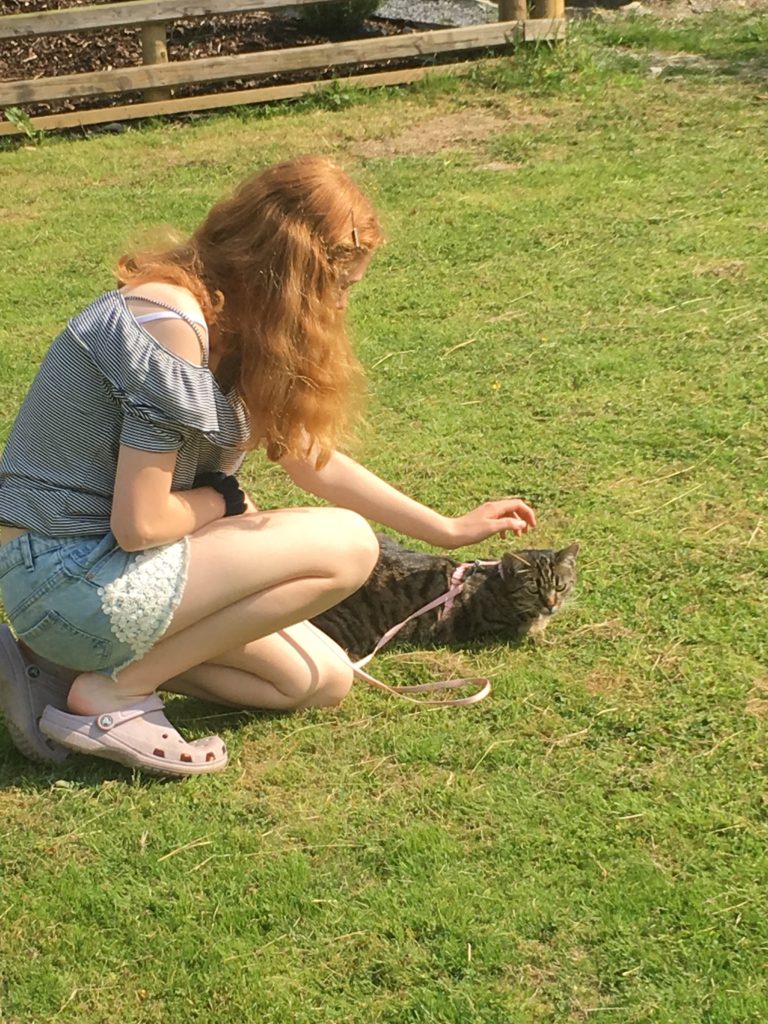
Benefits of spending time with your cat
Spending time with your cat isn’t a luxury, it is a necessity for their wellbeing. Having a happy healthy cat is the ultimate goal. If your cat is satisfied and contented, they can bring so much joy to you and your family. Cats are very affectionate, can be great company and are very loyal. The more time you spend with your cat the better you will become at understanding their needs and little quirks. It will become easier to recognize what they are trying to communicate to you. The bond between you will grow as will the love and respect for each other.
How to ensure your cat is ok when you’re not around
For many people being home all day is not possible. But there are many things that can be done to ensure your cat will be ok whilst being home alone. These include:
- Places to climb and explore. Cat trees and cat shelves are great and provide opportunities for climbing and a great place to nap for some.
- Safe outside access such as a catio
- Possibly another cat for company
- A view of the outside world through a window seat or perch.
- Interactive feeders
- Scratching posts
- Toys
- Plenty of places for a warm cozy nap
Then, when you return home from work, school or a day away, make your cat your priority as soon as you walk through the door. Give them a fuss, talk to them and play some games. Just ten minutes of attention before you start on the next to do list or chores will affirm to your cat your love and devotion to them. Managing the balance of quality time with your cat together with enough stimulation when you are not around should ensure that you cat will be a very happy, satisfied member of your family.
Other articles you may find of interest:
Do indoor cats need outside time? Why does my cat refuse to go outside?
How to keep your cat happy – 10 key factors
18 games to play with your cat
How to keep your cat happy – 10 key factors
